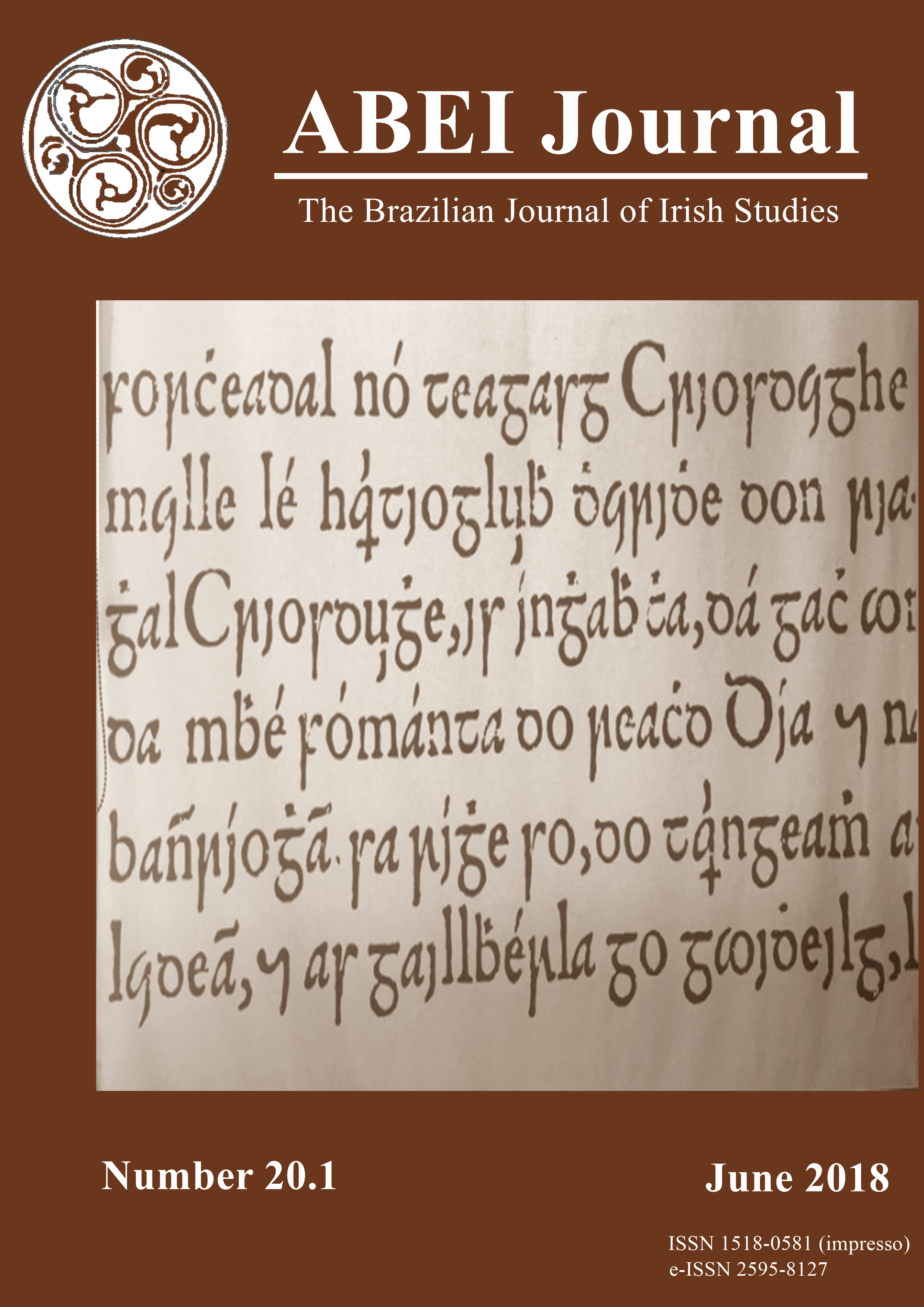Malinski: Fictional Narrative Between Affiliative Postmemory and the Effacement of the Holocaust
DOI:
https://doi.org/10.37389/abei.v20i1.3108Abstract
This article proposes a fictional narrative as a postmemory representation as a conjunction of imaginary, appropriation of a position of alterity and the repertoire of Holocaust as a global reference event. Malinski (2000), by the Irish Síofra O'Donovan, will be seen as an articulation between resonance and effacement of the Holocaust. Albeit unintentionally, the novel may also support the historical revision that takes place contemporarily in Poland which intends to assure Poles strictly as Holocaust victims and impotent bystanders denying any effective participation in the genocide.
Keywords: Postmemory; holocaust; affiliative postmemory; Irish literature; bystanding.


